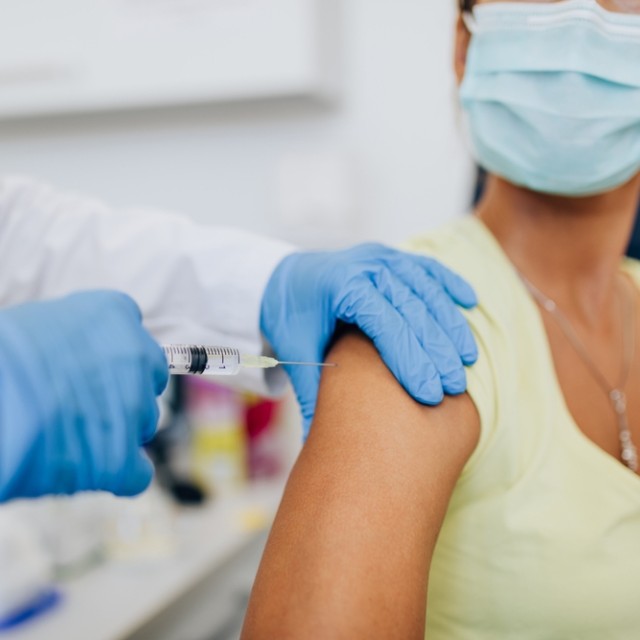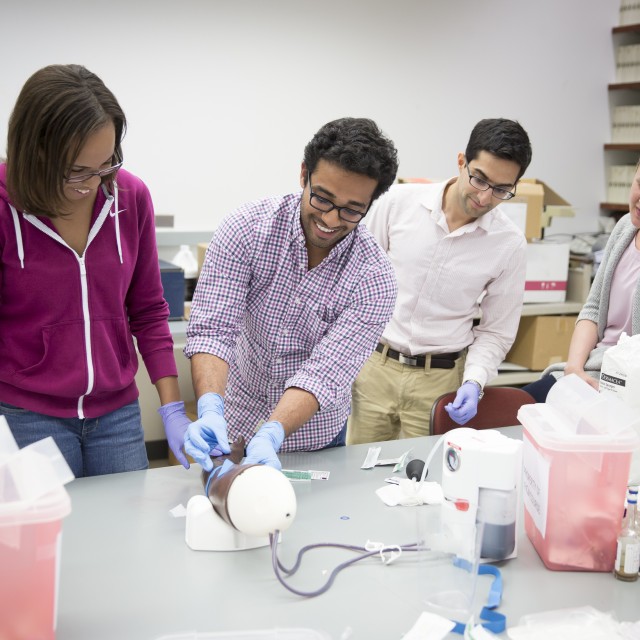For admission inquiries, contact us at bsd-masters@uchicago.edu. You can also attend one of our upcoming events or schedule a 1:1 admission appointment with our team.

Education
The future of healthcare is in your hands—get ready to lead the transformation with a Master's degree from UChicago
In an era where healthcare is rapidly evolving, the demand for well-trained healthcare leaders has never been more critical. Led by world-class faculty, our graduate programs provide the next generation of healthcare professionals with the knowledge, skills, and experience to thrive in this dynamic environment. Join us in this journey, and together, we’ll lead the way in healthcare’s exciting future.
Education
Degree Programs
For any admission inquiries, email us at bsd-masters@uchicago.edu. Join us at one of our upcoming events or set up a personal admission appointment with our team.

Leadership

Samuel Volchenboum, MD, PhD, MS

Samantha Fan, PhD
Director of Academic Affairs

Rebecca Plunkett, MS
Director

Alex Laguna, MA
Training Program Manager

Caitlin Pike
Communications Manager

Luke Johnston
Marketing & Communications Manager



